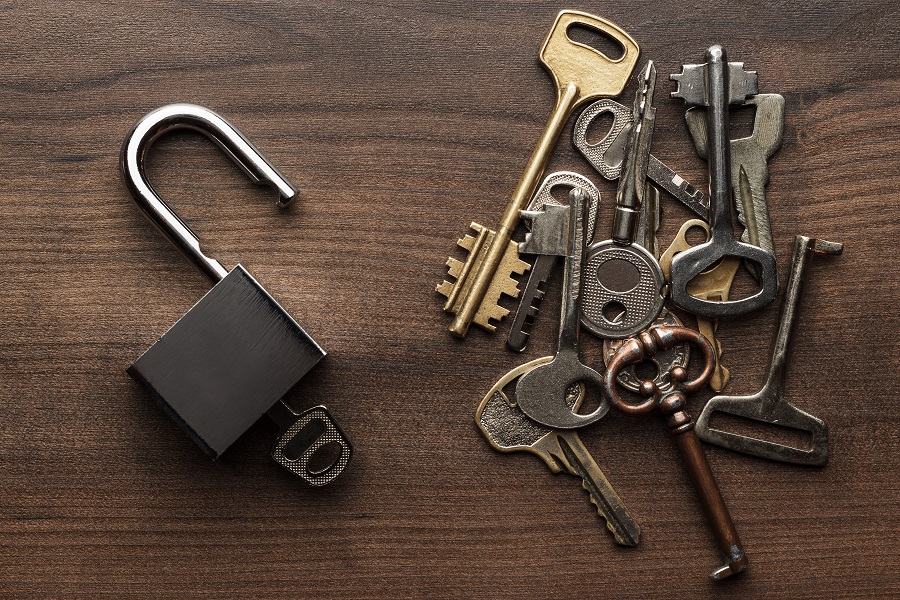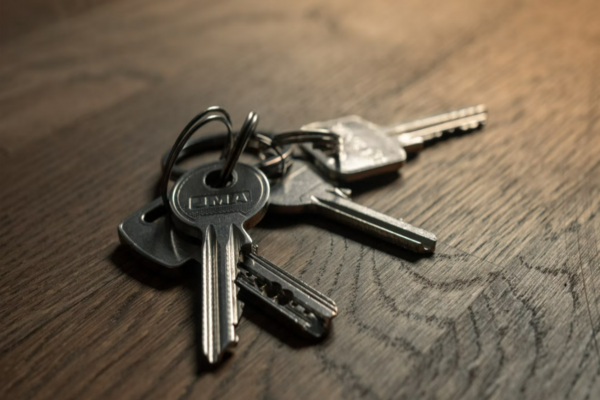Travelling is one of life’s greatest pleasures. The excitement of arriving in a new location and experiencing its sights, sounds, and smells for the first time. That emotion can never be bought or replaced. Keeping yourself and your things safe in a foreign country has unique problems and risks that you should be aware of before booking your trip. Adhering to a few basic guidelines like hiring a key duplicate service will significantly lessen the danger, making your holiday more enjoyable and allowing you to focus on what’s truly important.
Use Hotel Safes or Front Desks
You can store your belongings safely at a variety of lodgings. There is safety in numbers when leaving valuables like passports and laptops in a hotel safe. Look at the hotel’s magazine if you’re unsure what to look for in a good safe.
Lock Up and Leave
Before you leave, thoroughly inspect your house the night before. Sometimes in the morning, there is a surge of enthusiasm, and in the excitement, things are forgotten. Make sure that all of the windows and doors, including the ones to the shed, are locked, that nothing of value is visible, and that the lights and other appliances are turned off. A relaxing flight is possible after a thorough check.
Don’t Flash Your Valuables Around
Keep your valuables close but out of sight when you’re out and about. High-value objects, such as DSLR cameras, are notoriously tricky to conceal. Even if you have the most cutting-edge ultra-zoom lenses and mega-pixel cameras, you may want to leave the bulkier, more noticeable accessories at home. Massive amounts of local cash are similarly problematic. If you want to grab people’s attention when making a purchase:
- Whip out a wad of money and start separating big denomination bills.
- Never keep all your money in one location if you plan to conduct business solely with cash.
- Pack several smaller containers and carry only a minimal amount of money in your pockets and wallet/purse.
- Top off your cash reserves as necessary.
If You Share Computers, Don’t Share Information
When making an online transaction or logging into an account, never use a public computer like those found in hotel lobbies or internet cafés. Avoid doing anything personal or revealing while using a shared computer whenever possible. Don’t enter your credit card number or log in to your bank account. When you’re done using a login page, website, or service, such as email, be sure to click the “logout” button. Leaving a browser window open won’t log you out of your accounts.
Do Not Leave Your Device Unattended
The quickest way for someone to access your information is to possess your device physically. Don’t forget about your gadget, give it to a stranger, or leave it in your checked luggage. Never leave your computer hibernating or sleeping; instead, always switch it off when you step away.
Do Not Plug in Untrusted Accessories
Any peripheral device that you did not purchase from a reputable vendor runs the risk of being infected with malware designed to steal your personal information. Never insert a USB flash drive, charging cord, SD card, or another unauthorized accessory into your device. If you forget something or don’t plan, try to get it from a reliable source while you’re there.
Protect Physical Devices
Keep your electronics close at hand at all times. Put them in the hotel safe if you have access to one. Lock them in your checked luggage if there is no other option. Please don’t give your gadgets to random people or leave them lying around and use them in a public place like an airport or a cafe. If you need to go to the restroom or get more coffee, take it with you instead of leaving it with a stranger.
Keep an Eye on Your Bags
If you want to prevent getting pick-pocketed when travelling, it’s a good idea to keep an eye on your baggage and keep them as near you as possible. It’s a terrific method for maintaining the safety of your possessions. It has several options for secure luggage that are great for anyone overseas.
Replace and Upgrade Door Locks
The front entrance is the most common point of entry for robbers. Replacing or upgrading your door locks by hiring a key duplicate service is a simple yet efficient approach to deter intruders. Your door lock will inevitably break down at some point, just like any other mechanical component. Your safety may have stopped functioning properly due to normal wear and tear. Criminals will use this significant weak spot to enter your property. Your first line of defence should be a new lock (or, better yet, numerous locks) to replace the old, worn-out one by contacting a key maker near me.
Rekey Locks with Key Duplicate Service
Having your locks rekeyed by a key duplicate service is an alternative to replacing them. You may have recently purchased a home and be concerned about unauthorized entry. Or perhaps you’ve lived in your house for a while but have misplaced a few keys. It’s always preferable to have a complete say over who has access to your keys. To improve the safety of your property, rekeying the locks by hiring a key maker near me is a simple and effective solution.
Split Up Your Money
Separate your cards and cash into various bags and pockets. This will reduce the likelihood of ever losing everything to theft.
Conclusion
Electronic locks are a practical modern innovation to restrict entry and keep tabs on who enters. Drive carefully and keep an eye out for cars in parking lots. The hotel’s security staff, bellhops, and valet parking attendants all patrol the premises and can discourage potential criminals. Knowing when something of value was stolen will give you a better idea of who might be responsible.
There has been a theft at the hotel, and it might have been committed by either an employee or a guest. Because most hotel staff will have master codes, lighter safes may be bounced, and unbolted safes can be stolen with relative ease, hotel safes are not a reliable place to store valuables. In certain hotels, using the safe will cost you more money and even raise suspicions among the staff. Keep the “do not disturb” sign on the door even if you’re not there to keep intruders out.

